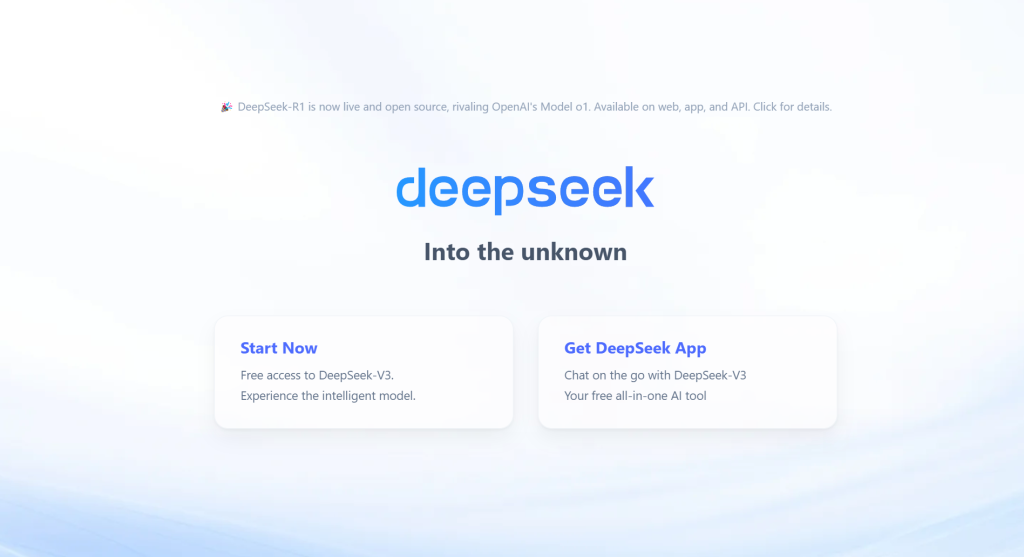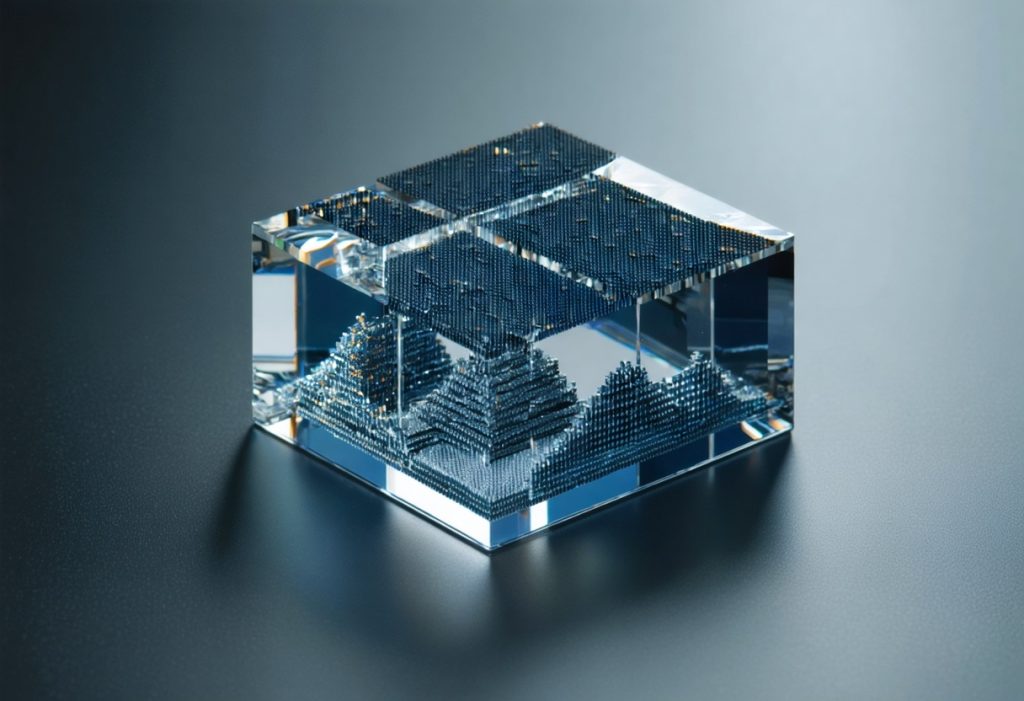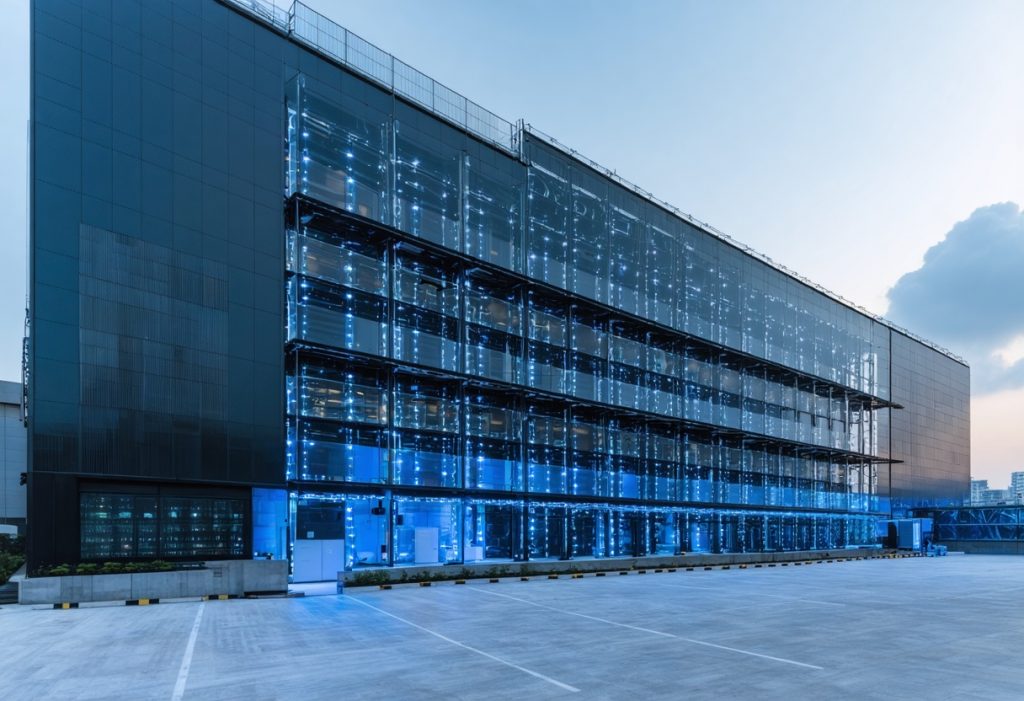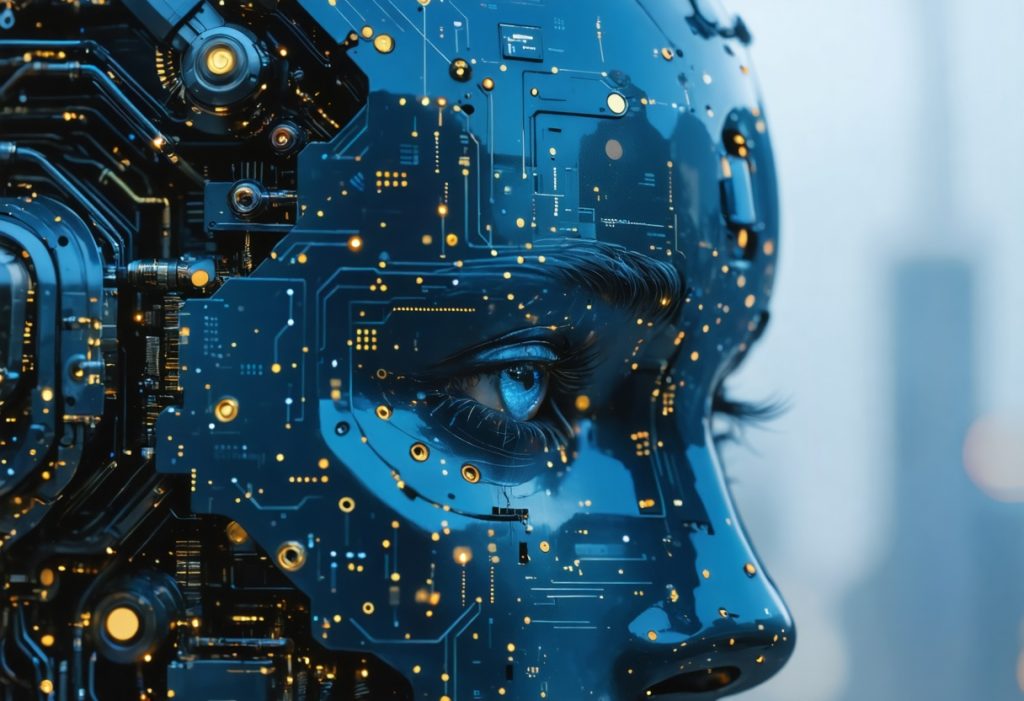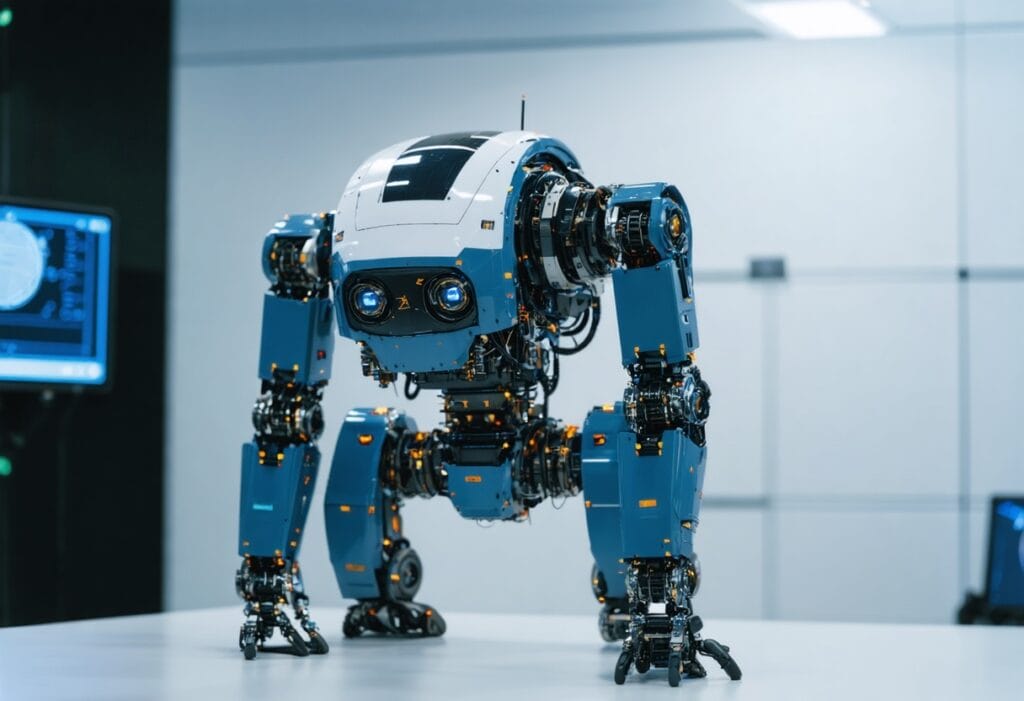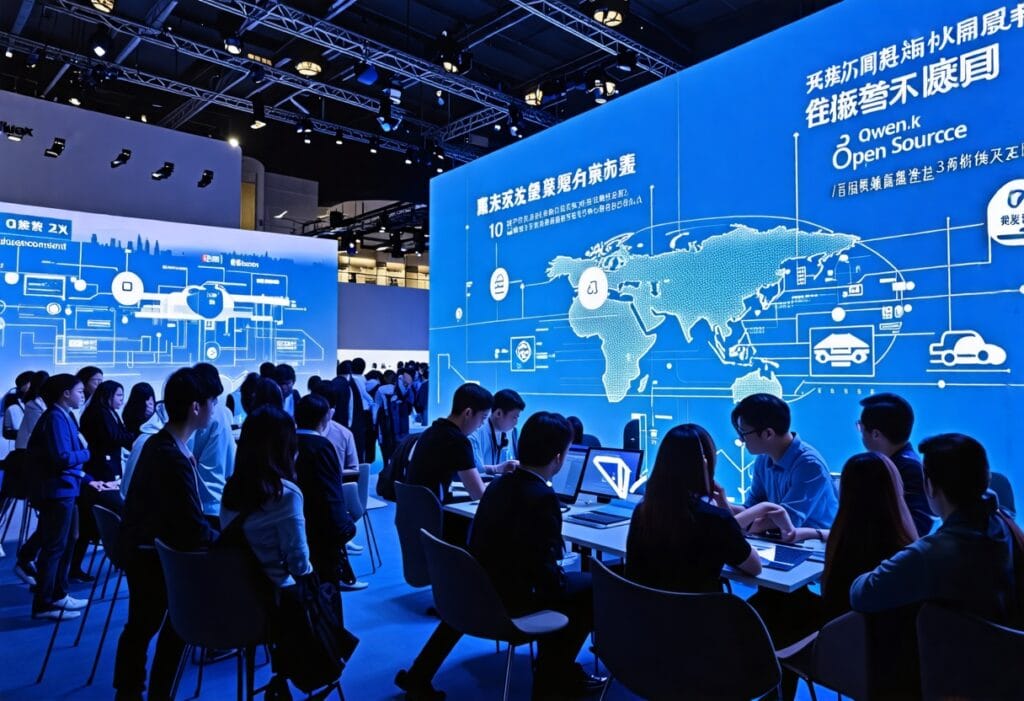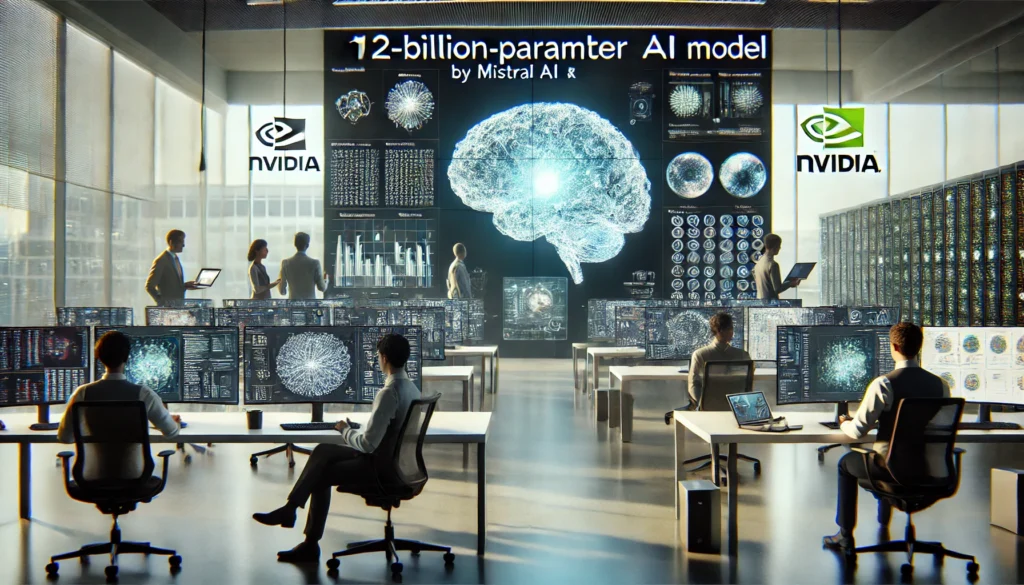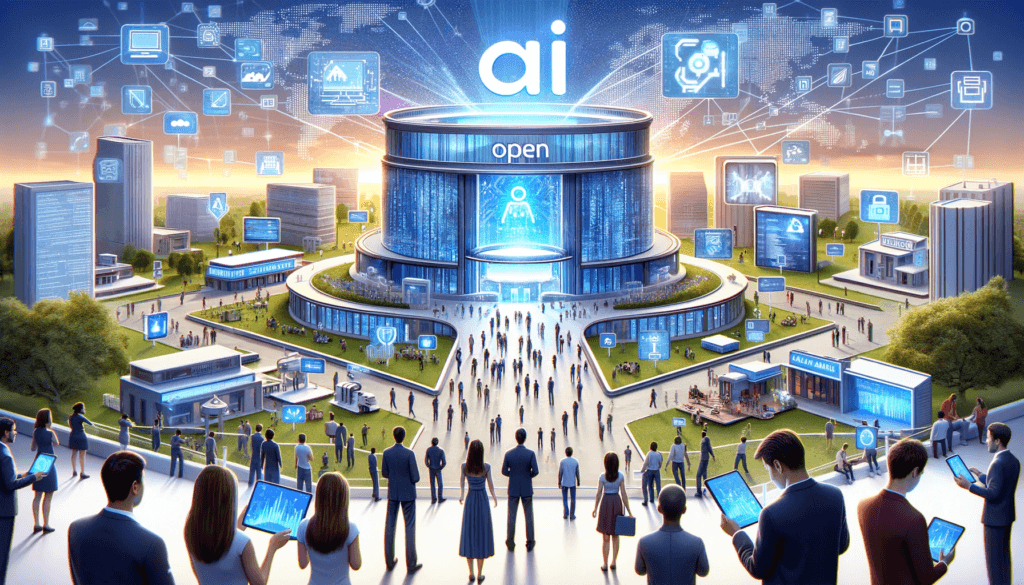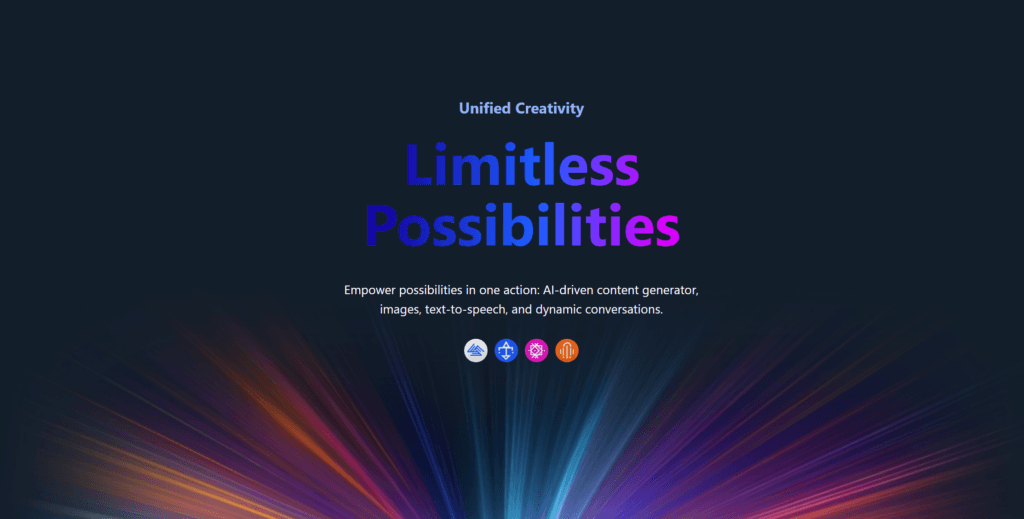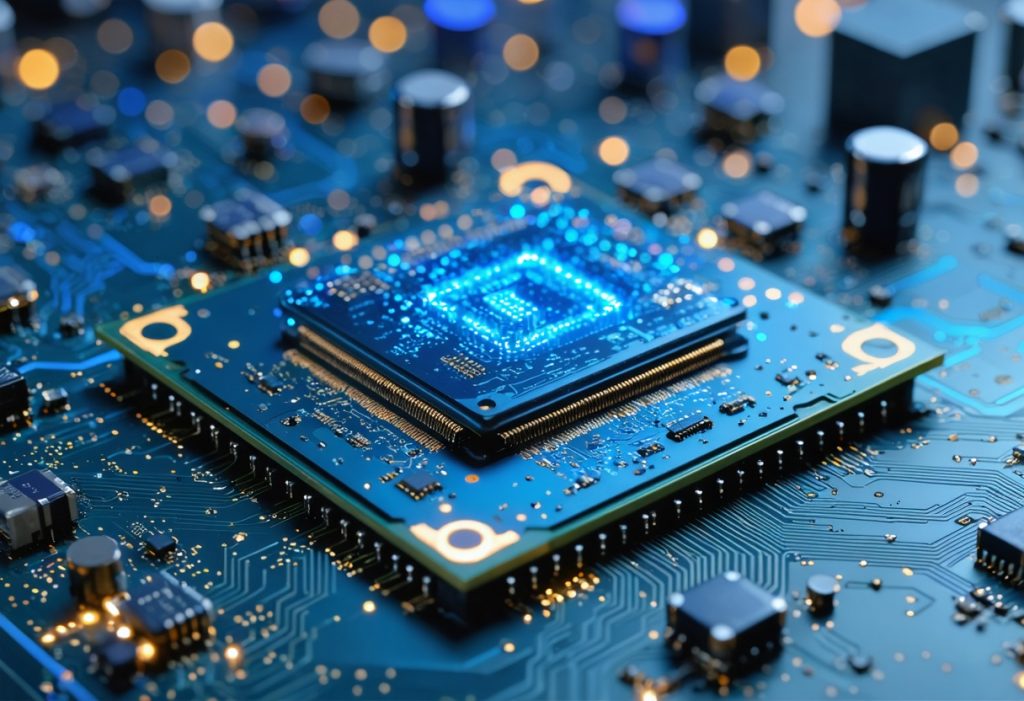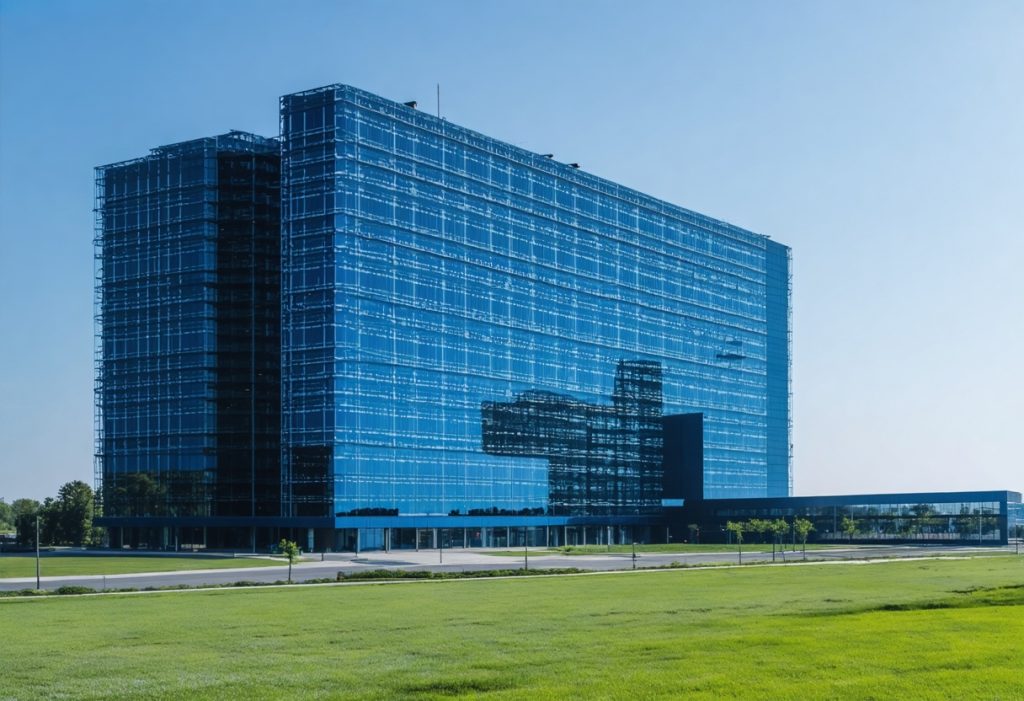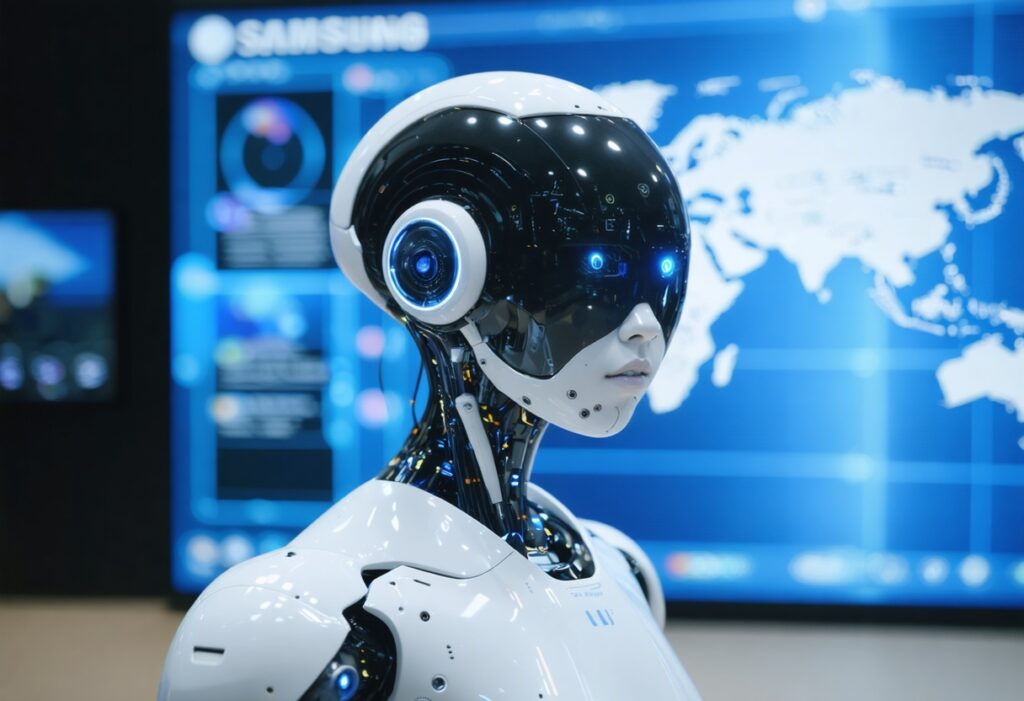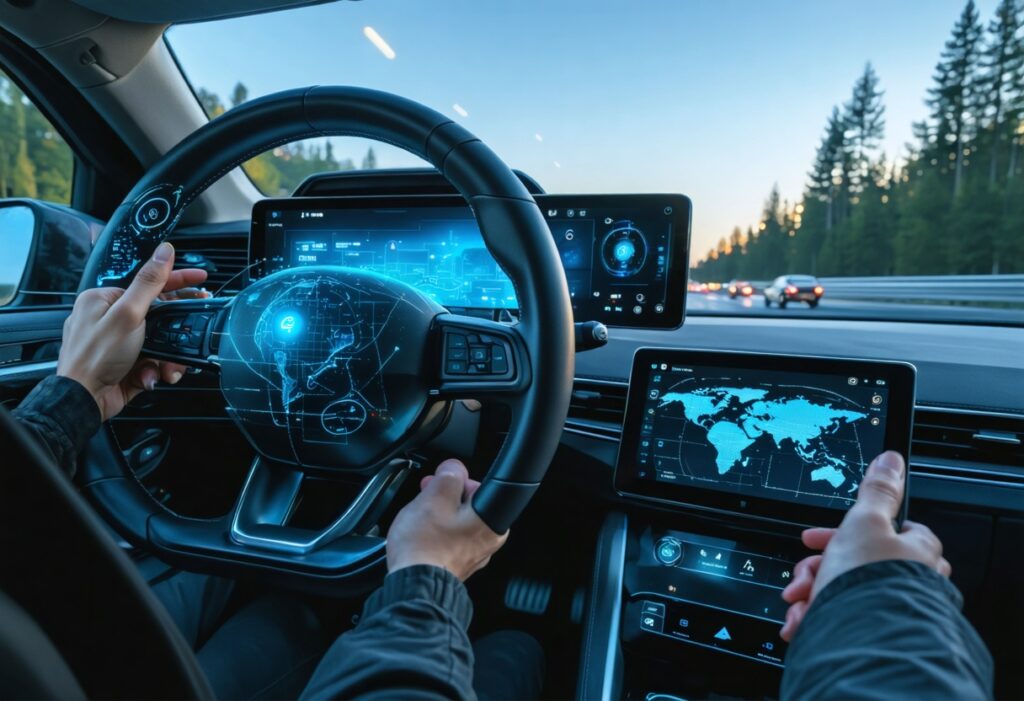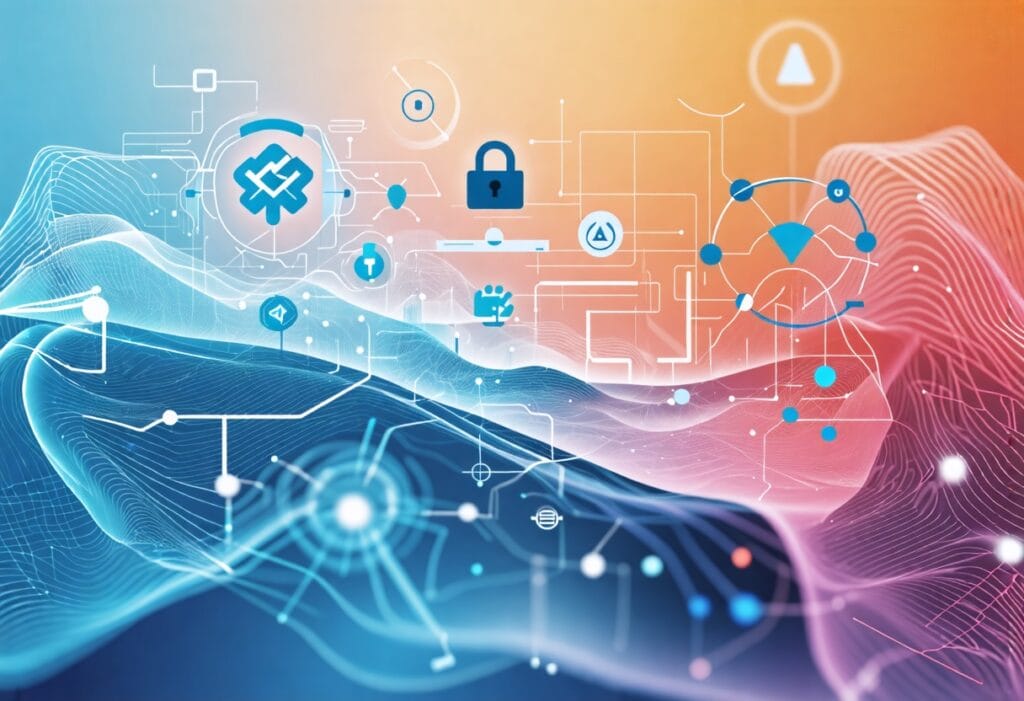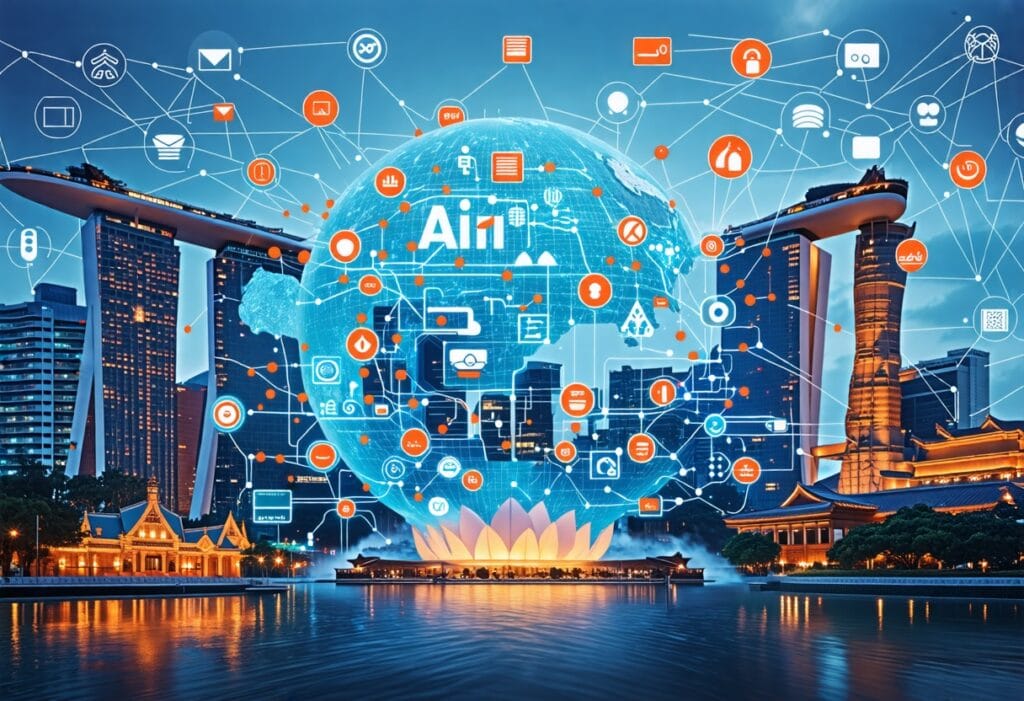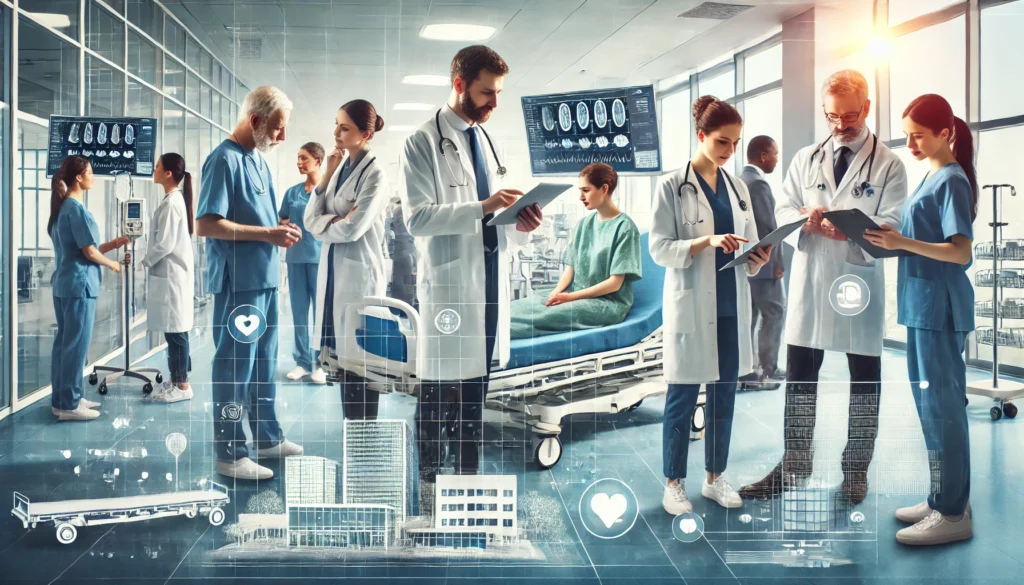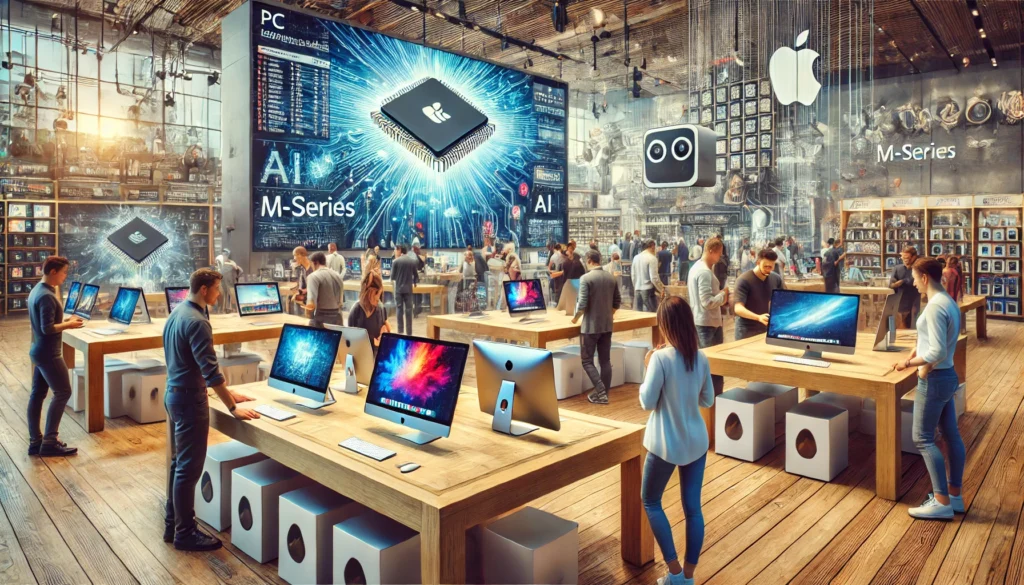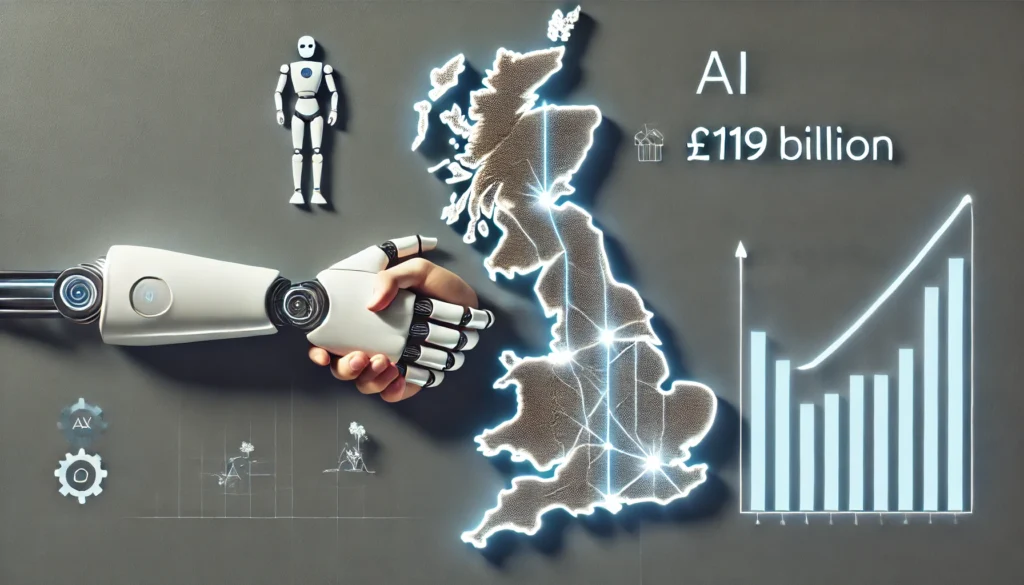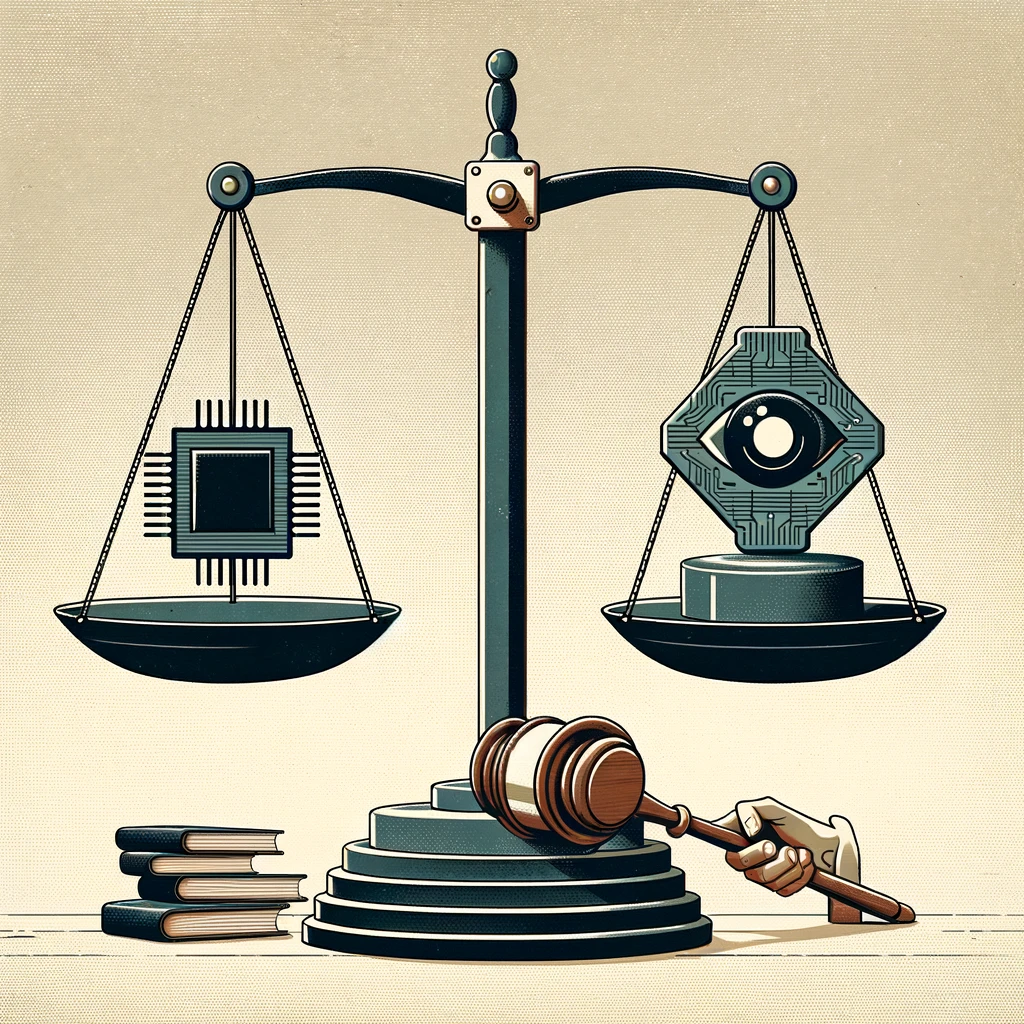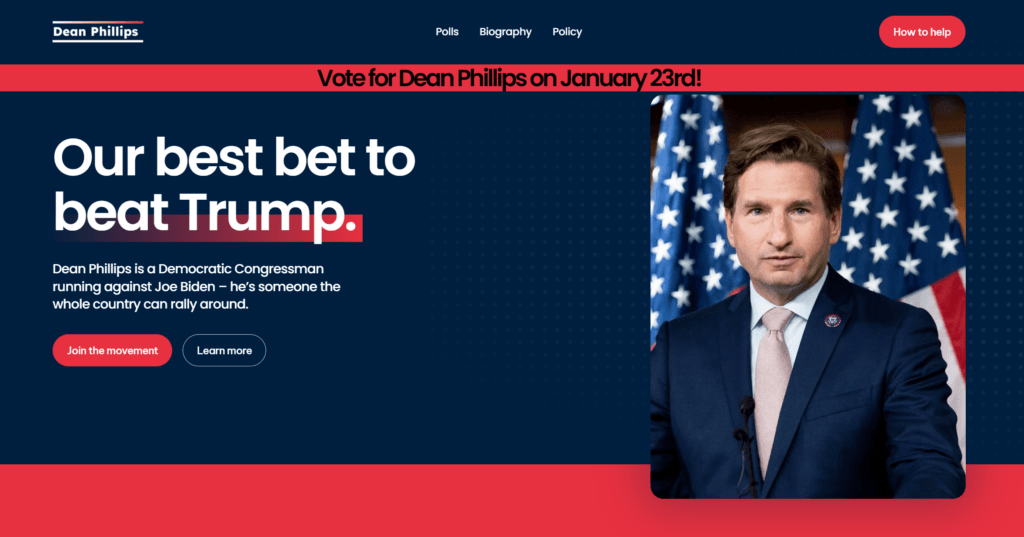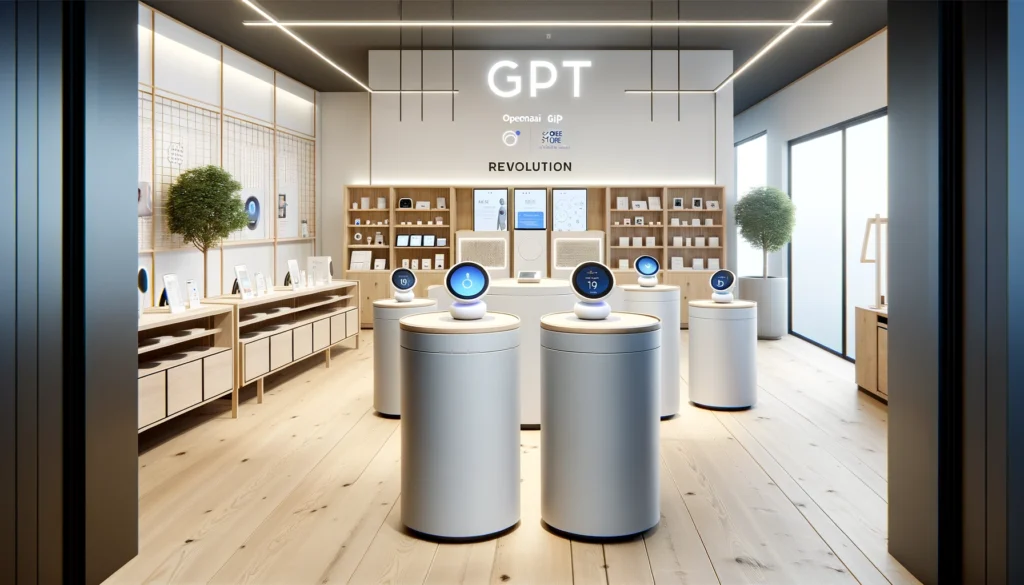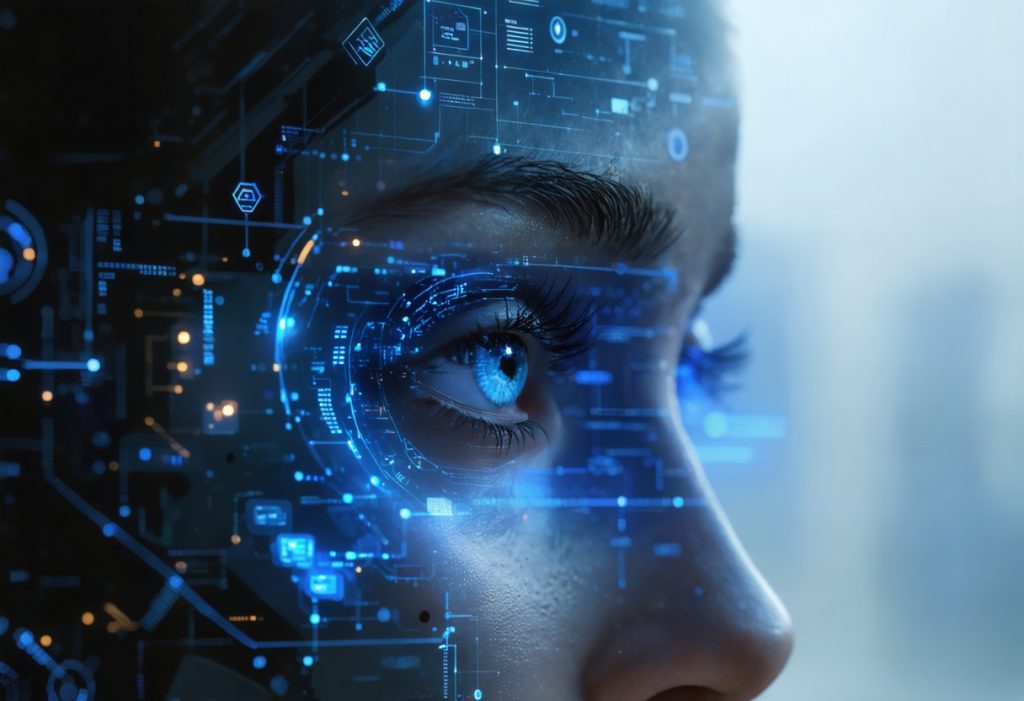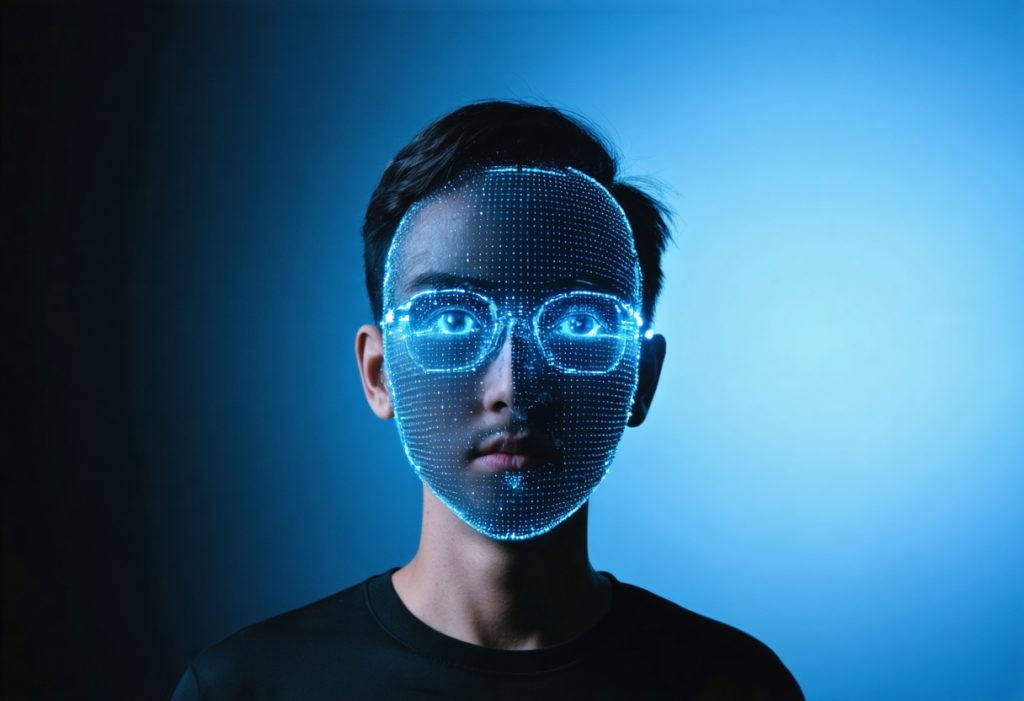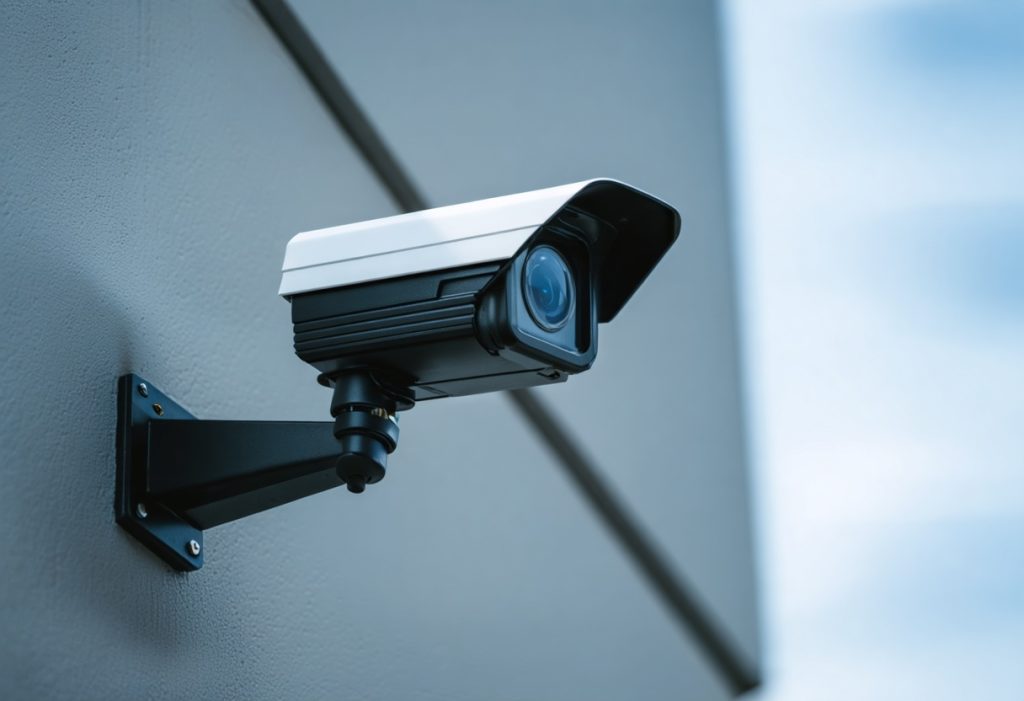Transforming Skin Cancer Prevention with AI: A New Era of Behavior Change

Transforming Skin Cancer Prevention with AI: A New Era of Behavior Change
As advances in artificial intelligence (AI) continue to reshape various sectors, the healthcare industry is leveraging this technology to combat one of the most prevalent health threats—skin cancer. With alarming statistics revealing a nearly 80% increase in cancer diagnoses among individuals under 50 in the past three decades, the need for innovative solutions has never been more pressing. Early detection is critical for successful treatment, yet many fail to seek timely medical attention due to busy lifestyles and competing priorities. Enter AI: a powerful ally in encouraging proactive health behavior and enhancing patient outcomes.
By integrating AI tools into everyday healthcare practices, patients can conveniently assess skin anomalies without the immediate need for in-person consultations. Research shows that individuals are three times more likely to seek professional advice when using AI-powered applications to evaluate their skin concerns. This shift in behavior not only promotes early diagnosis of skin lesions but also fosters a culture of health awareness. As we explore the profound impact of AI on skin cancer prevention, it becomes clear that these technological advancements have the potential to save lives by making healthcare more accessible and engaging.
AI Enhancements in Skin Cancer Screening
Artificial Intelligence (AI) is transforming the landscape of skin cancer detection, proving to be a vital ally for both healthcare professionals and patients. Recent studies indicate that AI can significantly enhance diagnostic accuracy, offering a profound impact on early detection rates. A study conducted at Stanford Medicine, which compared diagnostic capabilities with and without AI assistance, revealed that clinicians utilizing AI achieved a sensitivity of 81.1%, compared to the 74.8% observed in those who did not use AI. This increase highlights AI’s potential in improving diagnostic practices across various levels of expertise, particularly benefiting non-specialists who may not have dedicated training in dermatology.
The Importance of Early Detection
Skin cancer, especially melanoma, is one of the fastest-growing cancers globally, with an alarming increase observed in individuals under the age of 50. The BMJ Oncology study underscores this trend, noting a near 80% rise in cancer diagnoses among this demographic over the past three decades. Early detection remains crucial; skin cancers identified in their initial stages can often be treated effectively. However, many individuals delay professional consultation due to busy lifestyles, leading to a dire need for innovative alternatives that encourage proactive health behavior.
AI-Powered Applications Encouraging Self-Assessment
The emergence of AI-powered health applications marks a significant step forward in patient engagement and health management. Innovative solutions allow users to assess skin anomalies from the comfort of their homes. A recent survey revealed that only 9% of individuals would seek immediate medical advice if they noticed a concerning mole. However, this percentage soared to 33% when individuals had access to AI tools capable of evaluating their skin concerns in real-time. This shift reveals a connection between technological assistance and increased health-seeking behavior, showcasing how AI serves not only as a diagnostic tool but also as a catalyst for behavioral changes.
Case Study: blua’s At-Home Dermatology Service
Bupa’s digital healthcare service, Blua, exemplifies how AI innovations are integrating into routine health practices. Customers can take high-resolution images of skin lesions, which are then analyzed using advanced AI algorithms against a vast database of skin pathologies. This service empowers individuals by providing immediate insights into potential concerns, urging them to seek professional follow-up if necessary. This tech-driven experience ensures that skin assessments are more accessible than ever, effectively bridging the gap between patients and healthcare providers.
Removing Barriers to Care through Technology
The complications of modern life often hinder timely healthcare accessibility. The convenience offered by digital health solutions and AI-driven assessments eliminates some of these barriers. As individuals can evaluate their skin health at their convenience through apps like Blua, they are more likely to prioritize their skin health and seek necessary care sooner. Innovations such as virtual consultations further enhance access to specialists, facilitating timely diagnosis and treatment in a fast-paced environment where every moment counts.
Future Perspectives: A Healthier Society through Behavior Change
As the integration of AI into healthcare systems strengthens, the opportunities for advancing patient outcomes expand significantly. The focus on prevention through behavior change is essential. Promoting awareness about skin cancer and making assessment tools easily available cultivates a culture of proactive health management. The growing adoption of AI tools can tip the scales in favor of early detection, ultimately impacting survival rates and improving overall public health.
Challenges and Ethical Considerations in AI Implementation
Despite promising advancements, the integration of AI into healthcare does not come without challenges. Data privacy remains a crucial aspect, as consumers must trust that their personal health information is handled securely. Moreover, healthcare providers need to ensure that AI systems are transparent and operate without bias. Continuous research is necessary to improve these technologies, addressing any gaps in knowledge and enhancing AI’s efficacy in skin cancer prevention.
Conclusion: Propel the Future of Skin Cancer Care
Artificial Intelligence stands poised to revolutionize skin cancer detection, enhancing diagnostic accuracy and fostering a culture of health awareness. The focus now shifts to how best to implement these technologies to maximize their potential, ensuring that patients become more engaged in their health care. With the right strategies and tools, AI will drive a significant change in the landscape of skin cancer prevention, ultimately saving lives and improving health outcomes across diverse populations.
Embracing AI for a Healthier Future in Skin Cancer Prevention
The integration of artificial intelligence in skin cancer prevention is not just a technological advancement; it represents a fundamental shift in how we approach health management. By promoting early detection and encouraging proactive behavior, AI empowers individuals to take charge of their skin health from the comfort of their homes. With statistics indicating a rising trend in skin cancer diagnoses, particularly among younger populations, utilizing AI tools can be a game-changer in combating this critical health issue.
As AI-powered applications bridge the gap between patients and healthcare professionals, they not only enhance diagnostic capabilities but also facilitate a culture of awareness and vigilance. The potential for saving lives through early intervention is immense, making it essential to continue advocating for the adoption of these innovative technologies. By fostering an environment where self-assessment and preventive care are prioritized, we can collectively work towards a healthier future, significantly lowering skin cancer risks and improving overall community health outcomes.
Ultimately, the journey toward transforming skin cancer prevention with AI is just beginning. Maintaining momentum in the development and accessibility of AI tools will be key in realizing their full potential. Together, we can pave the way for a more informed, health-conscious society, where skin health is a priority for everyone.
